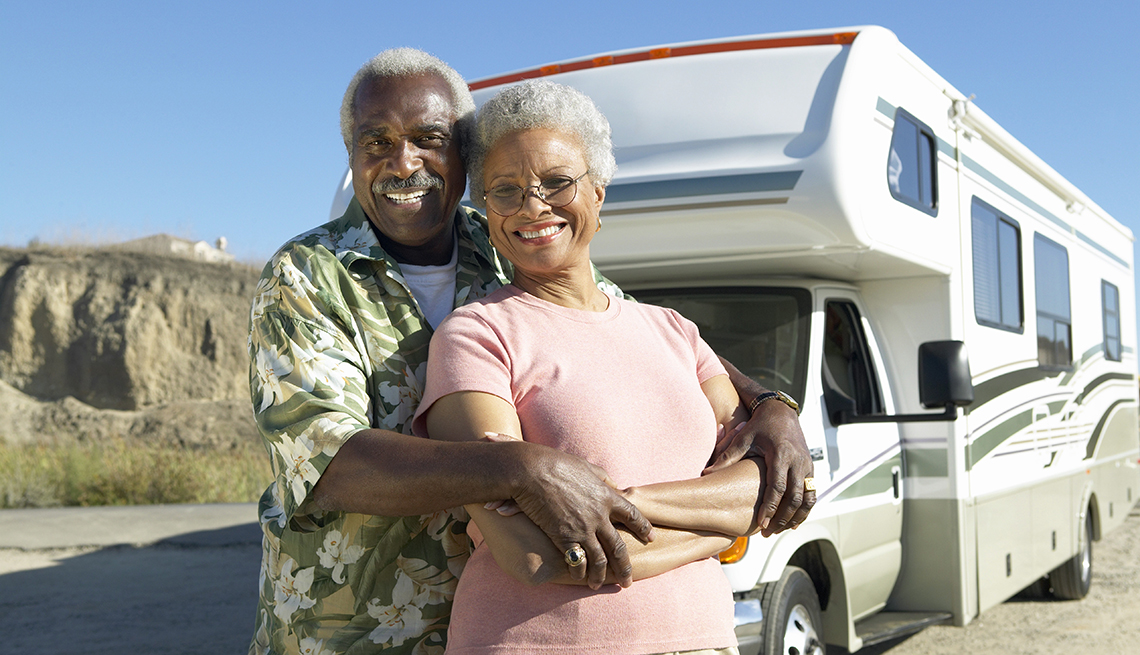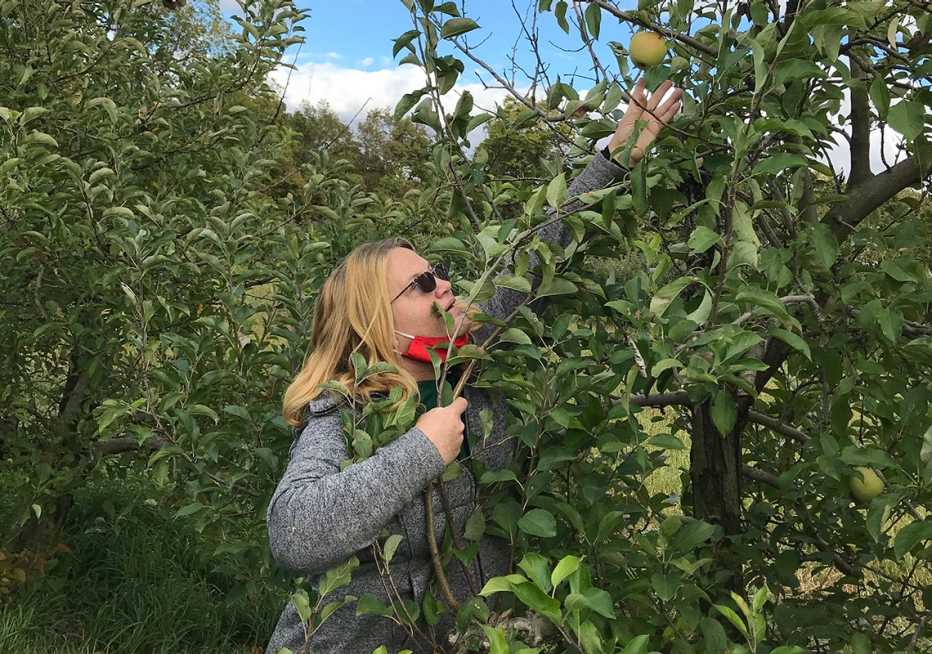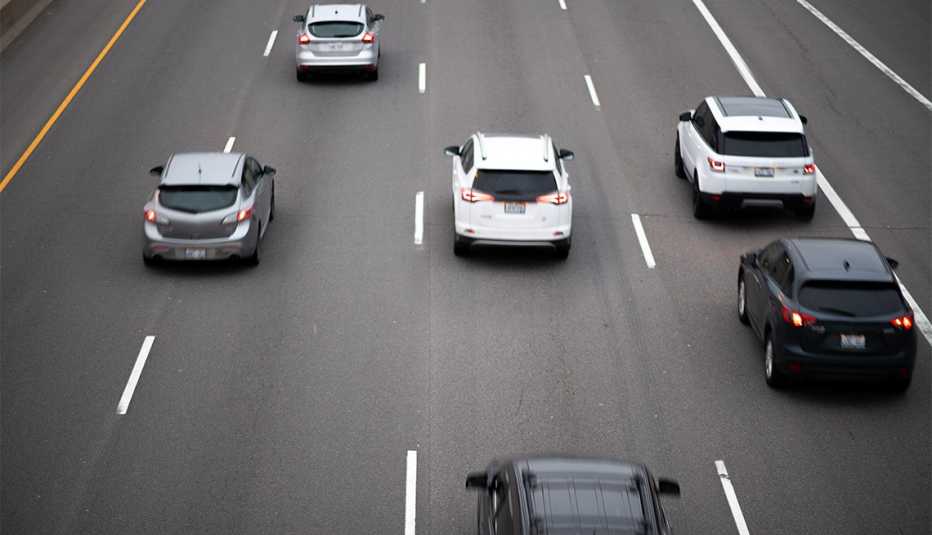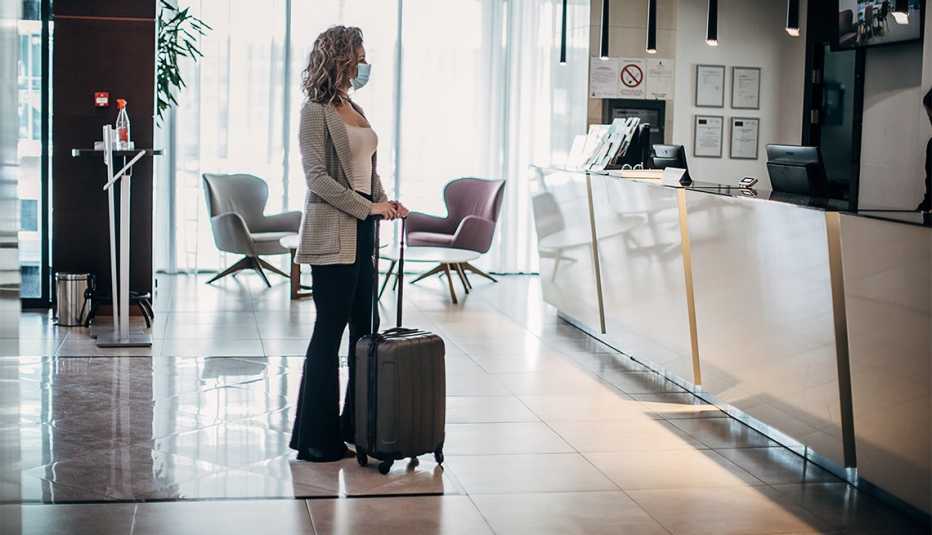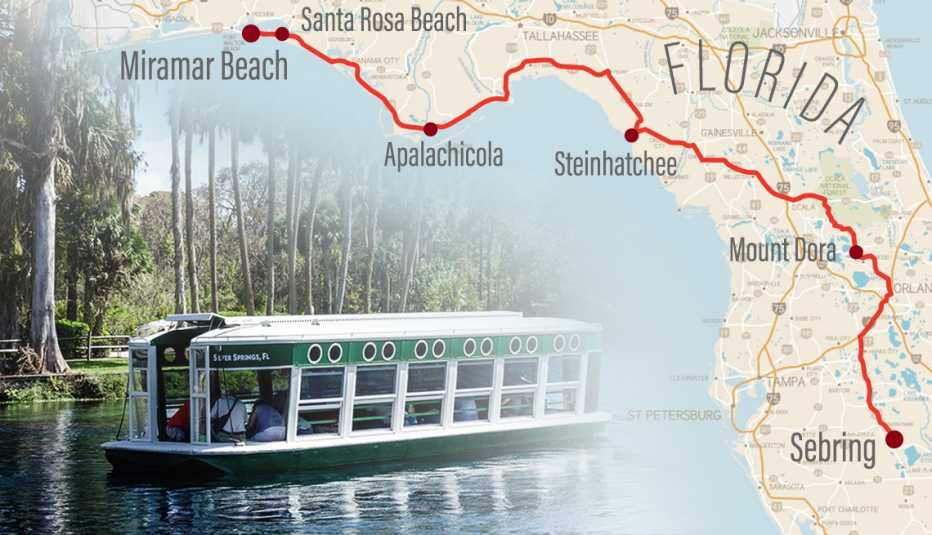Staying Fit
As most Americans hunkered down in their homes to avoid COVID-19, Dawn and Roger Haas hopped in their RV to make a 1,100-mile trip to see family in the Ozarks. Instead of staying at campgrounds along the way, they spent nights at orchards, wineries and ski areas where they were able to pick apples, sip chardonnay and hike through beautiful scenery.
In the recreational vehicle, the couple had all the technology they needed to stay connected, a safe way to travel and a socially distant place to stay when visiting. Those options are making RV life more attractive than ever — especially to retirees — during the pandemic.


AARP Membership— $12 for your first year when you sign up for Automatic Renewal
Get instant access to members-only products and hundreds of discounts, a free second membership, and a subscription to AARP the Magazine.
Get up to speed on RV lingo
You don't have to restrict yourself to campgrounds, and many places to park can be had for free. (Search for apps that will help you find those locations.) The more interesting spots where RV bloggers Mike and Jennifer Wendland have stayed include an alpaca farm, an alligator ranch and a golf course. Turns out some parking practices have their own names:
• Mooch docking: staying in a friend or relative's driveway and plugging into their electricity.
• Crack docking: Staying at a Cracker Barrel parking lot.
• Wal docking: Staying in a Walmart parking lot.
The “lifestyle is exploding mostly due to COVID,” says Mike Wendland. He and wife Jennifer Wendland, both retired journalists, are on the road about three-quarters of the year. The Wendlands blog, host a podcast and YouTube Channel, and manage a Facebook group for 45,000 RV-enthusiast members.
There's more to traveling in a recreational vehicle — sometimes called a motor home — than just driving a house on wheels and hooking up at a state campground. A whole culture and lifestyle has been built around the practice. With today's technology you're not too far from answers to any of your questions about the best places to stay, where to find a laundromat in a particular town, or how to fix a flat tire.
Whatever your interests or reasons for taking to the road, you can find an RV group to join. On an adventure with your children? Link up with others who are “roadschooling” their kids along the way. Many RVers are on the road doing service projects and charitable works. There are communities for 55-and-older and retiree RVers, luxury resort-style communities and of course the traditional camper communities.
"Every night at a campground a whole new community forms; people build a fire, set out their chairs. The hunger people have for positive community, that's what brings so many people to this lifestyle,” Mike Wendland says.
Explore the RV lifestyle
The Haases got interested in the RV life after Roger, now 56 and a retired engineer, survived a severe heart attack about 20 years ago. The couple decided they would retire early.



























































